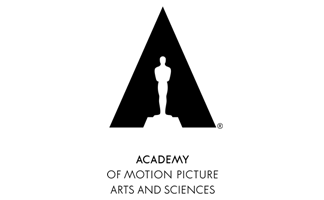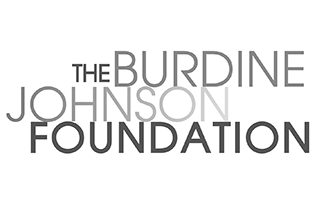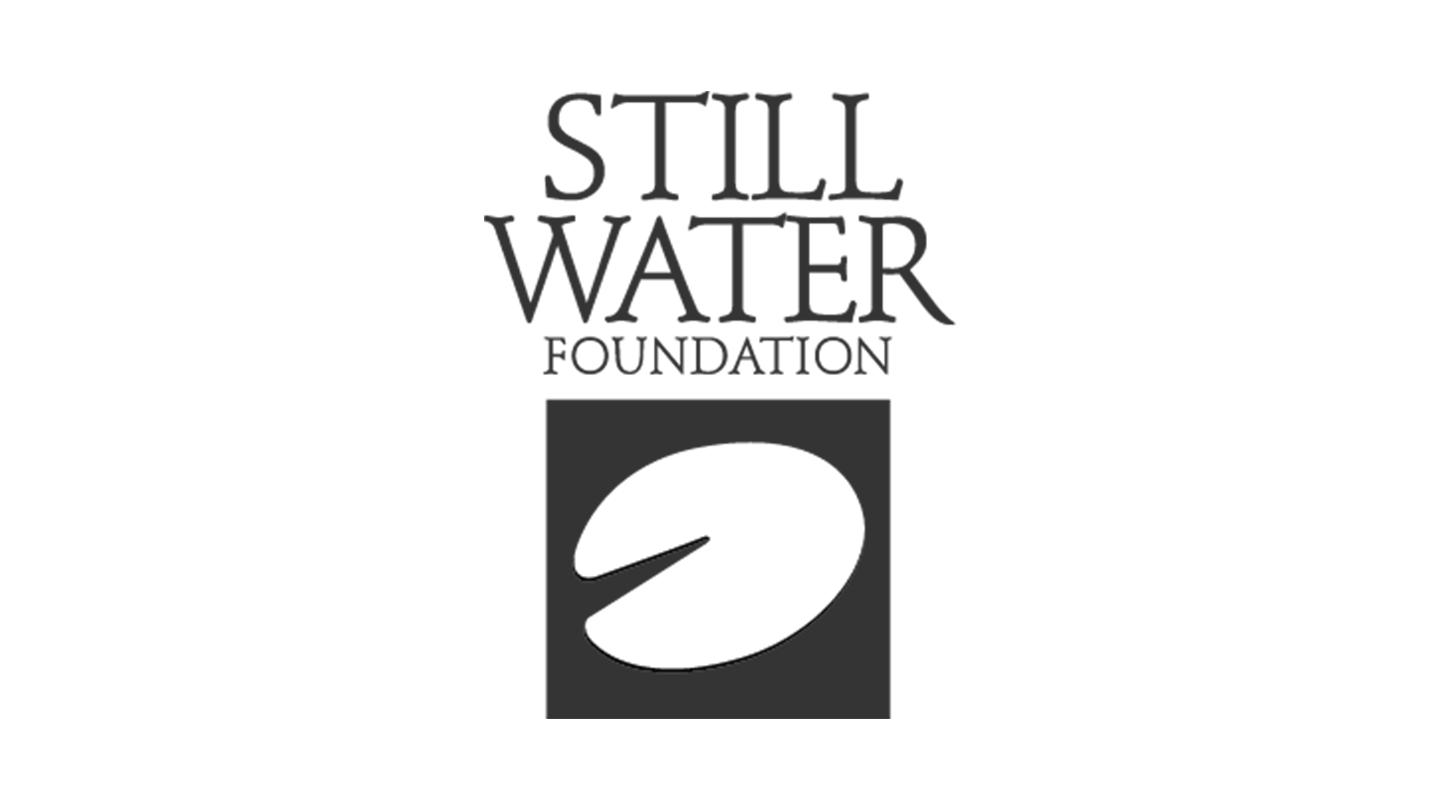Joyful Noise: The Music Films of Robert Mugge
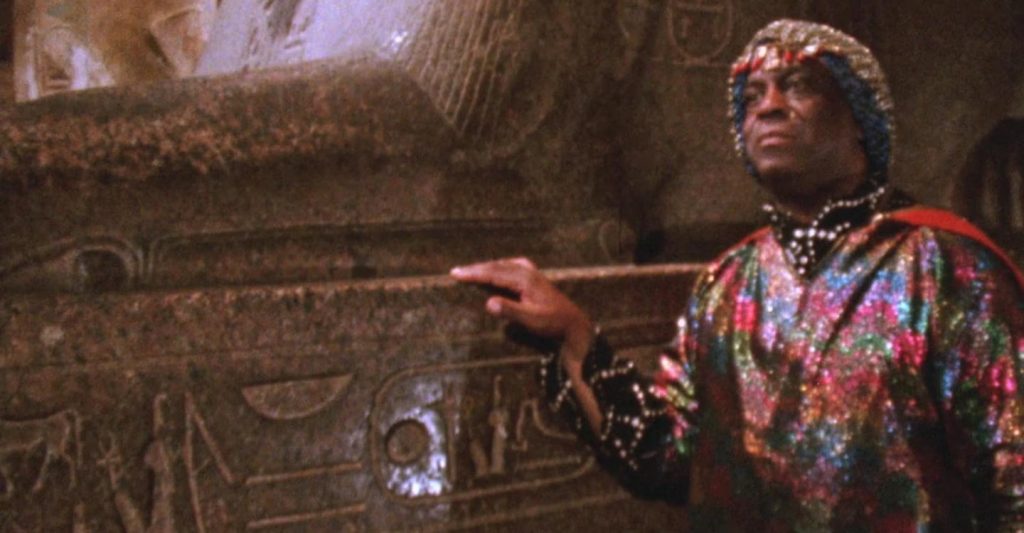
Filmmaker Robert Mugge claims he never meant to spend his career making music documentaries, but we sure are thankful he did. Beginning with his 1980 film SUN RA: A JOYFUL NOISE, Mugge has crafted intimate portraits of legendary Black musicians, capturing invaluable snapshots of the artists and their creative environments. With the recent streaming availability of a huge portion of his filmography via Amazon Prime, we felt the time was right to revisit some of our favorites.
Mugge was raised in a civil rights household and politics are ingrained in his filmmaking. Although not a music doc, his 1978 film AMATEUR NIGHT AT CITY HALL: THE STORY OF FRANK L. RIZZO applies the form’s conventions to a profile of the notoriously racist, authoritarian mayor of Philadelphia. In doing so, Rizzo’s blustering huckster routine, eerily echoed in today’s political arena, is reframed in the context of the cheap entertainers that could be found serenading the inebriated working class in dive bars and VFW halls across Philly.
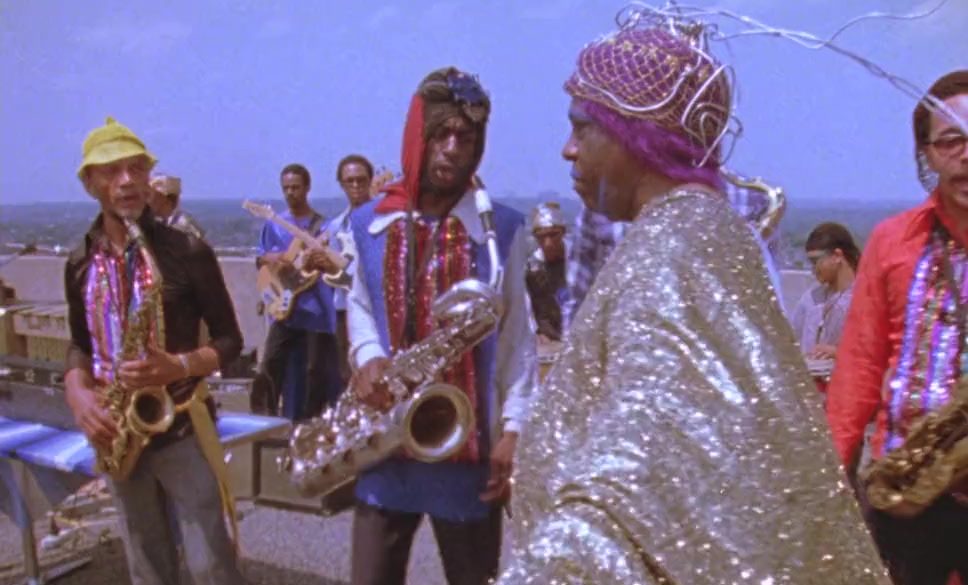
Moving forward, Mugge made the sage decision to let his politics speak through the rich perspectives of his subjects. His next film, 1980’s SUN RA: A JOYFUL NOISE, is full of colorful off-stage interviews that vividly bring to life the world in which Sun Ra’s seminal space jazz was produced. In one such scene, we visit Arkestra member Danny Thompson’s community-building convenience store, Pharaoh’s Den, where he shares his motivations, “I felt like something needed to be done in the neighborhood for the young ones who would listen… they need to be taught discipline from a young age so when they get older there won’t be no problems.” From a cultural and historical perspective, the value of these ample interviews cannot be overstated. In just one of many mind-expanding monologues, Sun Ra, framed in front of Reagan’s White House, offers this prescient dissection of our dysfunctional justice system: “You can’t have a justice department that only penalizes people when they do wrong, and doesn’t do anything to help them when they’re trying to do right.”
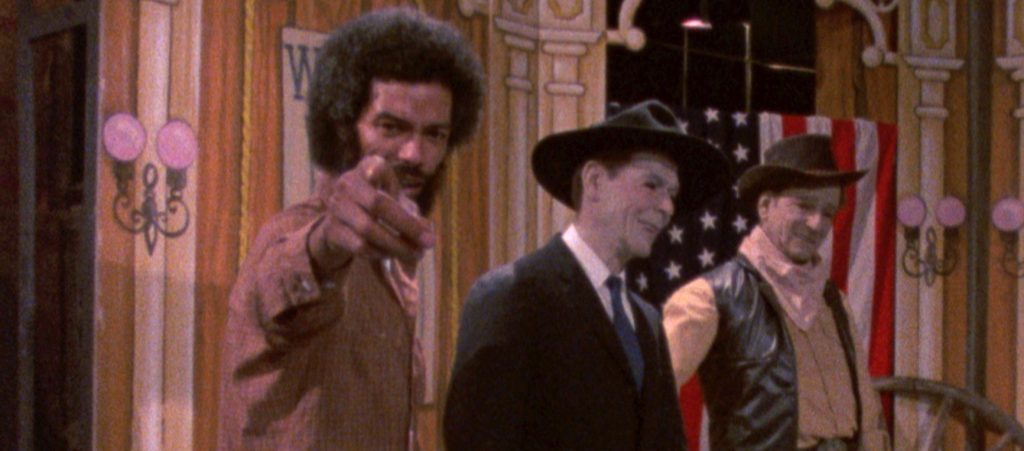
Perhaps Mugge’s most inherently political musical subject is Gil Scott-Heron, whose heady mix of poetry, soul-jazz, blues, and funk is widely considered the blueprint for hip-hop. You’d be hard-pressed to find a song in his uncompromising discography that doesn’t take a civil rights issue to task, from his biggest hit “The Revolution Will Not Be Televised” to the amnesty plea for wrongfully-convicted Gary Tyler in “Angola, Louisiana.” In BLACK WAX, we follow the charming, lanky songwriter as he struts around the nation’s capital shouldering a boom box and singing along with his scathing ode to the “outhouse of bureaucracy, Washington, DC.” As with A JOYFUL NOISE, we cut in and out from blazing nightclub performances to evocative locations where our subject unleashes unfiltered opinions. The scenes of Gil Scott-Heron coolly ad-libbing acerbic observations among wax figures of the founding fathers and Uncle Sam are well worth the watch. If, by the time the film reaches the final performance of the Reagan-skewering “B-Movie” with Scott-Heron hypnotically incanting “This ain’t really your life, ain’t really your life, ain’t really nothing but a movie,” you aren’t ready to storm the streets, you should check yourself for a pulse.
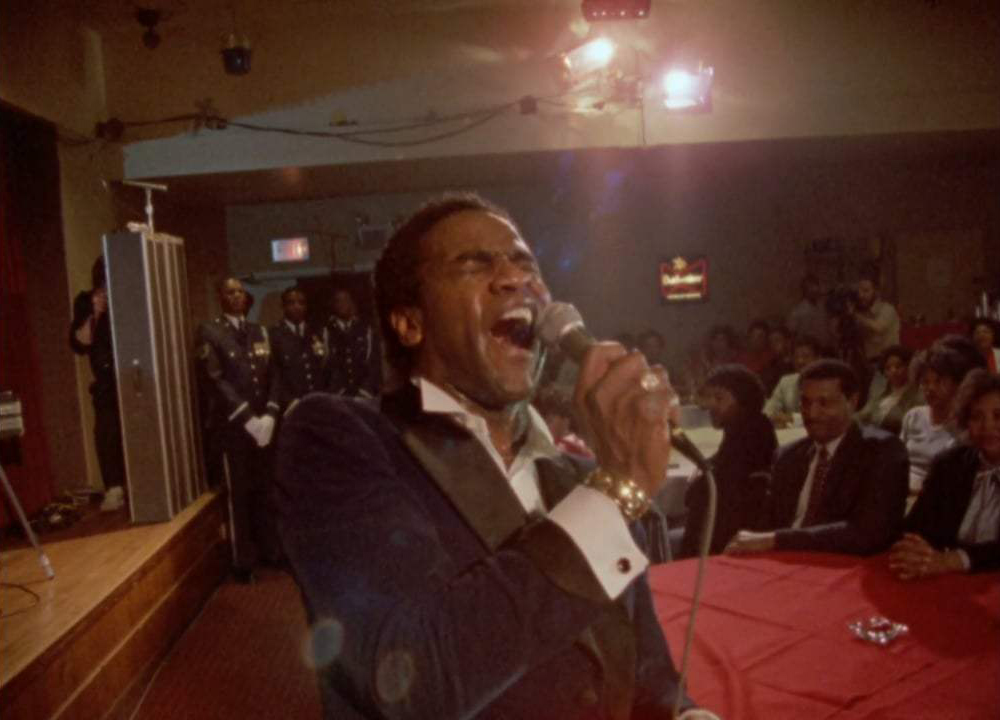
Other highlights from Mugge’s filmography include the up-close and intimate THE GOSPEL ACCORDING TO AL GREEN (1984), featuring stripped-down performances from the soul singer that will give you chills, and SONNY ROLLINS: SAXOPHONE COLOSSUS, which takes audiences behind the scenes into the jazz giant’s rehearsals and shows. Incredible instances, big and small, are archived in these indispensable documents, including the moment when Rollins leaps off a stage to play among the crowd, but fractures his heel bone instead. Without missing a beat, the legendary performer lays down and seamlessly continues the show.

